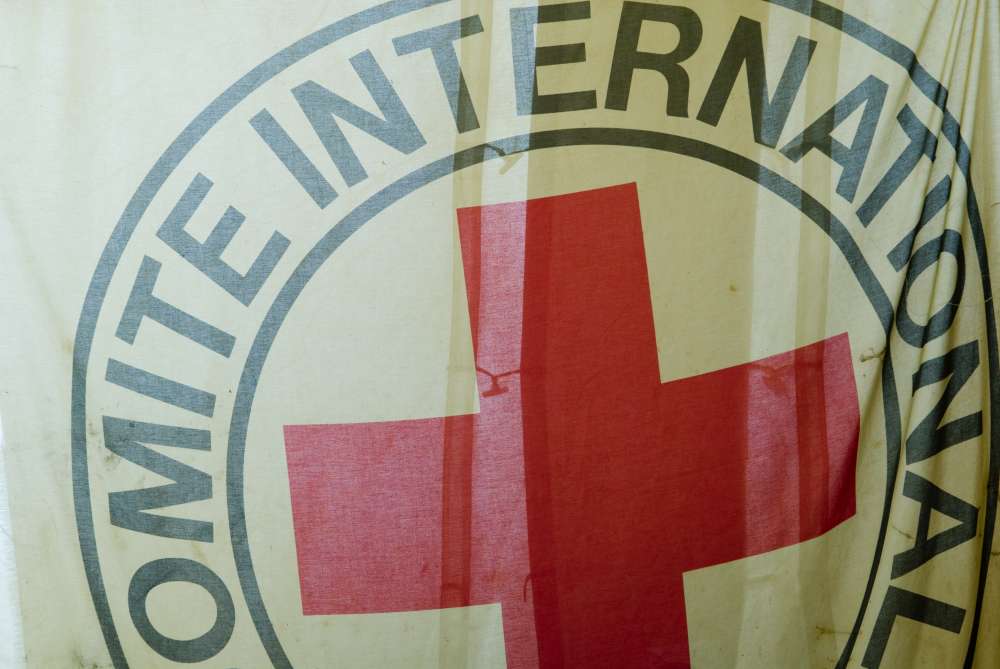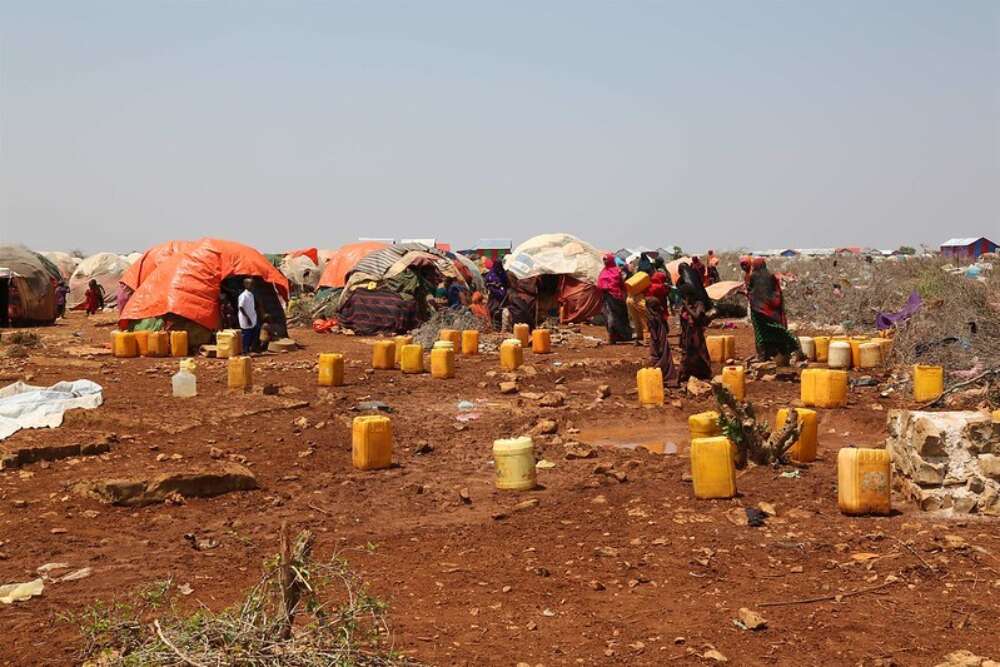Evaluation of ICRC’s Athens Delegation 2016-2024

Project Team: Julian Lehmann, András Derzsi-Horváth, Angeliki Dimitriadi, Julia Steets
Funded by ICRC
The International Committee of the Red Cross (ICRC) Athens Delegation will close by the end of 2024, after 10 years of presence in Greece. GPPi has conducted an independent external evaluation of the Delegation’s work to (1) examine the relevance of the Delegation’s work and its effectiveness, and (2) to identify lessons learned on program sustainability and the ICRC’s relevance in ensuring migrants’ protection.
Overall, the ICRC’s operation in Greece successfully met its initial objectives, achieving notable humanitarian outcomes and finding an operational niche in a migration context, despite challenging context conditions and lacking legal status.
First, the work of the Athens Delegation was highly relevant. The Delegation identified areas in which the ICRC had clear added value in responding to the priorities and needs of vulnerable migrants, starting with substitution and support as the defining modes of action. For example, the ICRC was the only actor in Greece that supported the management and identification of human remains, whether it addressed Family Links Network cases or built the capacities of forensic and investigative authorities with technical advice, training, and material donations. In administrative detention, the ICRC’s monitoring of conditions and its capacity support for the better provision of health care also filled relevant gaps.
Second, in most of its work areas, the ICRC successfully built a relationship with technical counterparts, it was able to influence not only their practices but also procedures to ensure more sustainable results. There are several cases in which the evaluation plausibly observes the ICRC’s contribution to incremental positive change in the detention and missing migrants programs, even if the baselines for such change – that is, basic government functions and capacities – were low, the political context conditions have been challenging, and deficiencies in national policies and systems persist.
Meanwhile, the Delegation also faces challenges in relation to its relevance and effectiveness, and the closure process offers opportunities for institutional learning.
The Delegation did not consistently and promptly move from substitution and support to achieving formal changes in procedure, regulations and laws, which held higher prospects for sustained improvements. As the Delegation enhanced its reputation, it could have addressed sensitive protection concerns more consistently, put a stronger focus on policy-level changes within its different sub-programs, and invested more strongly in the operational partnership with the Hellenic Red Cross. What is more, sustainability is inconsistent and the closure decision poses some risks to recent progress made. These risks have not been adequately considered in the decision-making process on closure. Neither were alternatives to full closure considered.
The evaluation team recommends that action in the following actions can help the ICRC to progress on learning from the experiences made in and with the Athens Delegation:
- Improve predictability, transparency, and accountability on decisions to open and close delegations, among others through formal criteria.
- Improve institutional oversight of strategic choices made by delegations.
- Ensure follow-up on Protection of Family Links casework, given that the ICRC will continue to cover Greece.
- Complement the Prevention Policy with instructions and guidance on operationalization
- Ensure that country-level strategies are being created, updated, and that they consider sustainability
- Promote clearer demands for field operations regarding their cooperation with local partners and promote institutional learning on supporting National Societies facing integrity-issue cases.
For more details on the evaluation findings and on these recommendations, read the full Executive Summary.







